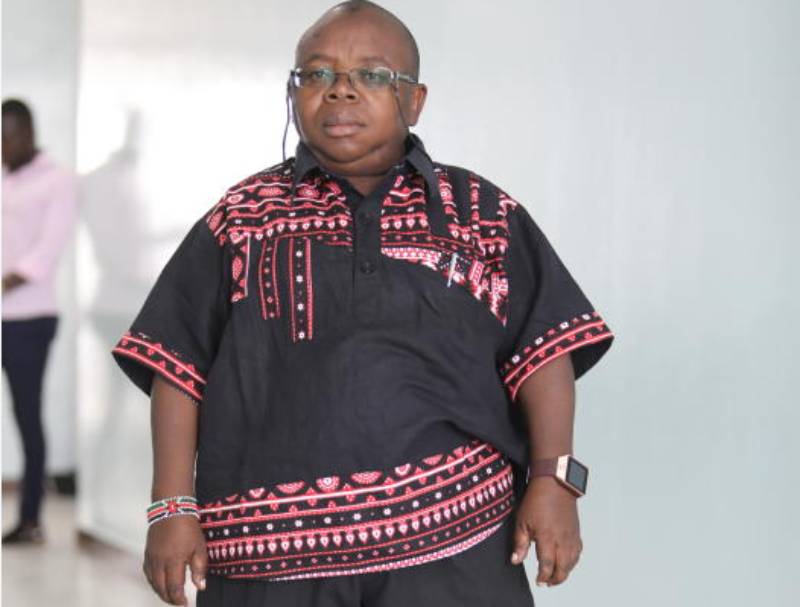×
The Standard e-Paper
Kenya’s Boldest Voice

Hussein Kenga (pictured) remembers the days he spent locked in his room, trying to deepen his voice. He was 16-years-old, desperately praying for his boyhood shrill voice to get the crack that his agemates had gotten.